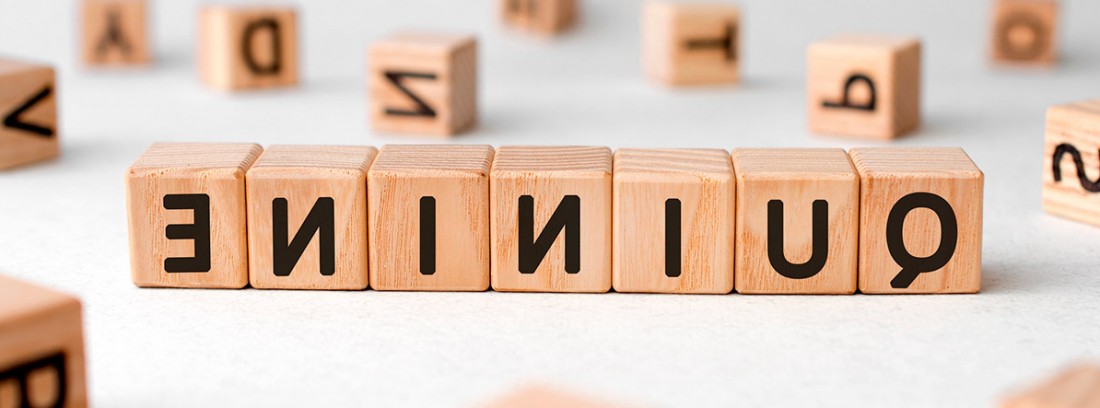What is quinine for?

Quinine or chinchona, is a alkaloid substance extracted from the bark of the tree known as Quina. In addition to as a drug, quinine is used in gastronomy.
Used as a drug
Quinine has been widely used as a traditional remedy for its digestive properties Y healing. Also for reduce fever and even to treat diseases like him.
Quinine is part, for example, of a drug used to fight malaria, a serious, life-threatening mosquito-borne disease. It works by killing the organisms that cause malaria. It should not be used to prevent it.
Quinine is sometimes also used to treat babesiosis, serious disease that puts the life of the person at risk and that is, passing from animals to humans.
Used by gastronomy
Quinine is used in gastronomy as a bitter ingredient and flavor enhancer of certain carbonated beverages such as tonic. It is also present as ingredient in some foods and beverages such as tonic, hydrochloride salt, or sulfate salt.
Does it have side effects?
It is important to know that consuming large amounts of quinine may cause dangerous side effectsTherefore, the US FDA (Food and Drug Administration) has limited its concentration to a maximum of 83 ppm.
An estimated fatal dose 8 g per day, or 140 mg / kg of body weight for adults. For all this is contraindicated in those groups of most vulnerable populationsuch as children, pregnant women, or people with liver disorders.
Quinine in excess can cause side effects What:
- Severe bleeding
- Kidney damage.
- Irregular heartbeat
- Severe allergic reaction
- Lowering of blood sugar
- Visual problems.
- Dizziness and sweating
- Fatigue or weakness
Syndrome known as "cinchonismo"
Quinine in excessive doses (> 1g / day) can lead to allergies, and even a reversible syndrome known as "CinchonismoWhich produces effects such as:
- gastrointestinal disorders,
- Visual and hearing problems (blurred vision, blindness, etc.),
- cardiovascular (arrhythmias, hypotension, etc.),
- Neurological (psychosis, confusion, etc.),
- Headaches,
- Kidney disorders
- Abortions and birth defects due to its consumption during pregnancy.
Is quinine allowed in Spain?
The legislation that regulates quinine is not international; each country has its regulations.
In the european union Regulation (EC) No. 872/2012 of October 1 establishes a maximum limit of presence in 100 mg / L soft drinks, and it is necessary that it is compulsorily included in the, so that the consumer can detect it. However, it is not mandatory to indicate the quinine concentration, nor to have to display a warning message, despite recognizing that quinine may be contraindicated for certain consumers.
A study published in the journal "Clinical Nutrition and Hospital Diet", which includes samples from different manufacturers acquired in various places in Spain, concludes that the levels of quinine found in carbonated beverages that contain it are lower than legally stipulated (100 mg / L), the global mean value is 64.7 mg / L.
In U.S.A we can find that its maximum level are 83 ppm (which corresponds to a quarter of the therapeutic dose), while in China this forbidden include quinine in any type of food.
- Quinine in excessive doses (> 1g / day) can lead to allergies, and even a reversible syndrome known as "cinchonism" that causes gastrointestinal, visual, hearing, cardiovascular problems, vertigo and headaches, among others.
- Tonic, a drink that contains quinine, is contraindicated in children, pregnant women or people with liver disorders.
- Quinine is used as a drug to combat malaria, a serious disease that puts life at risk, since it works by eliminating the organisms that cause malaria.
Diploma in Human Nutrition and Dietetics
Master in Pediatric Nutrition and Sports Nutrition
Teladoc Health Consulting Nutritionist
(Updated at Apr 14 / 2024)